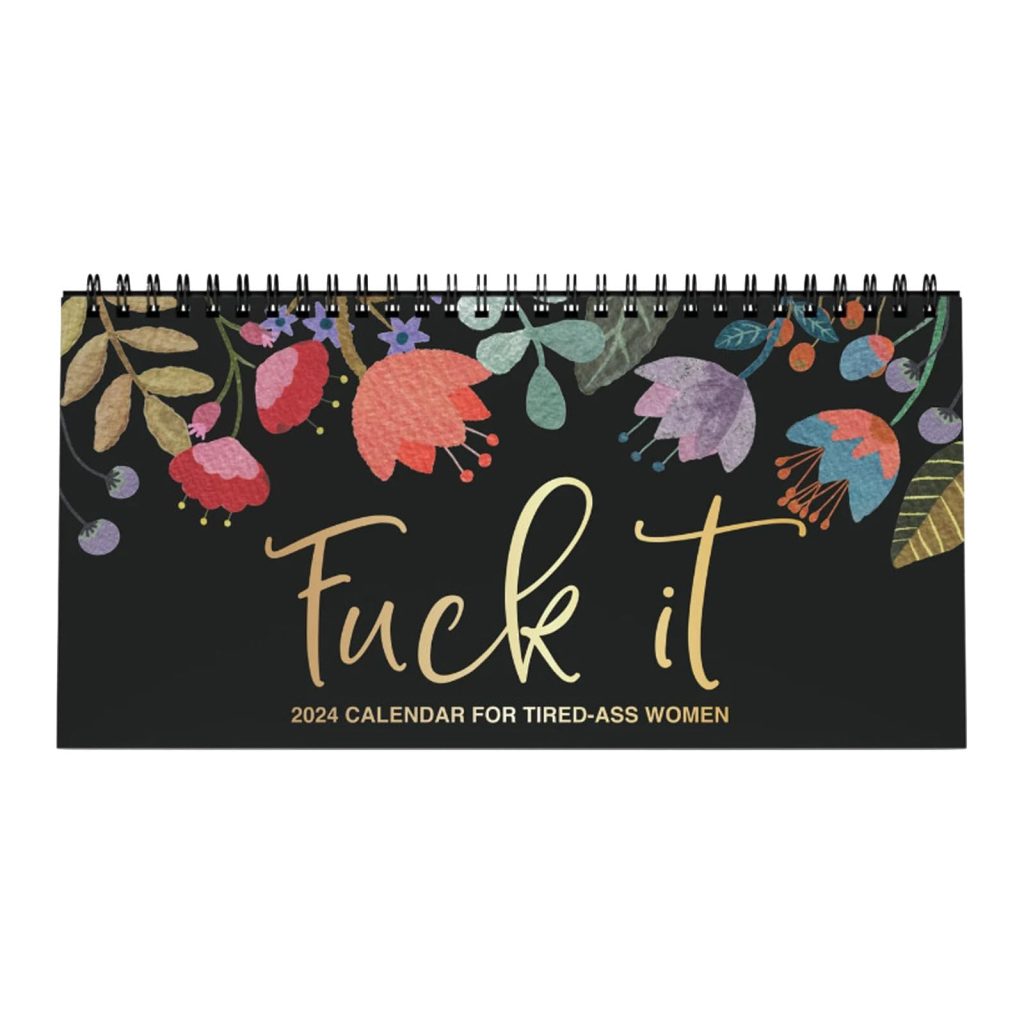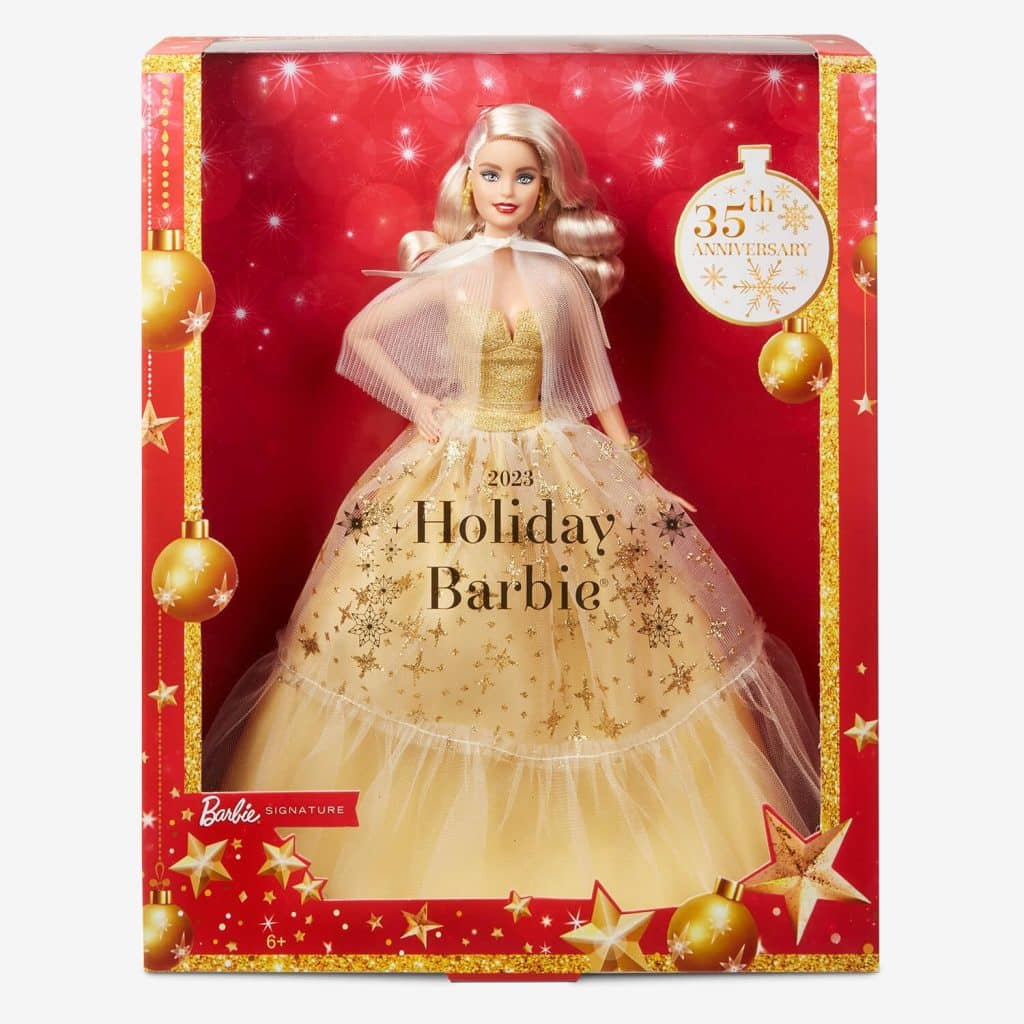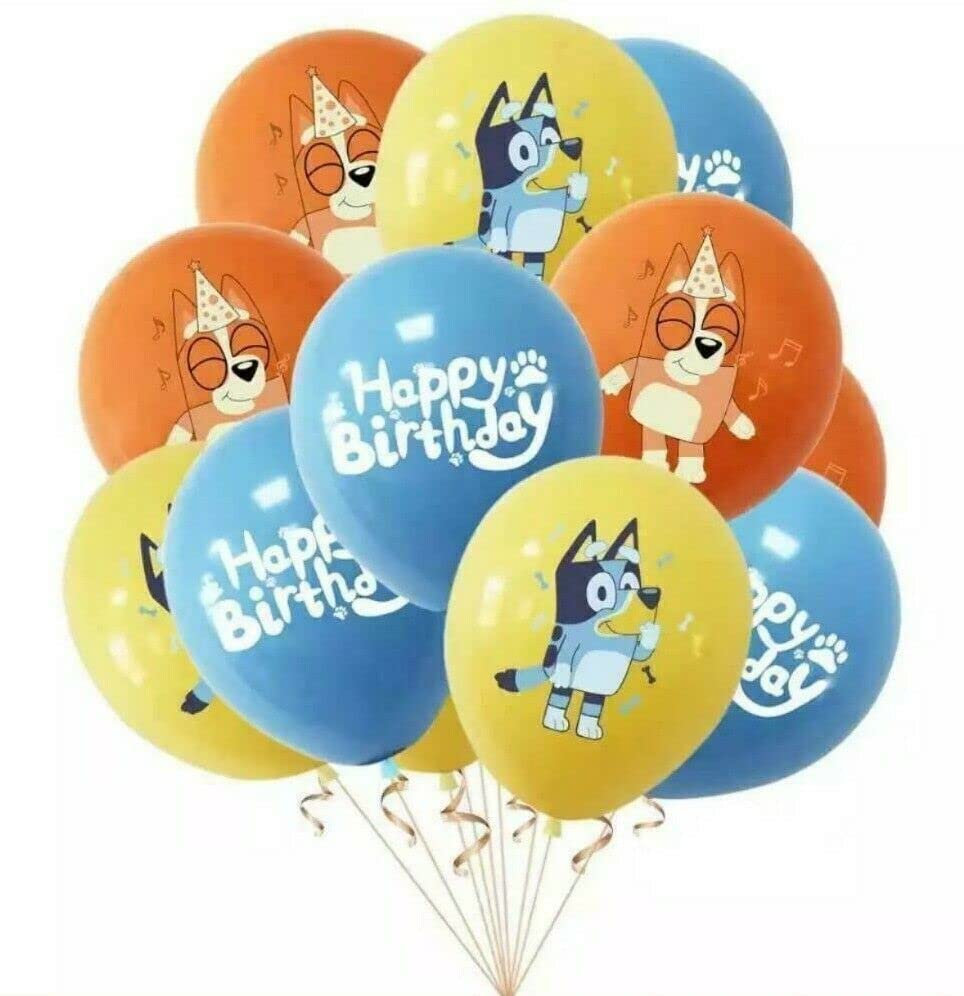Table of Contents
Dress-up costumes have been a staple of childhood play for generations. They are a type of clothing and accessories designed to emulate specific characters, professions, or themes, and are often used in imaginative play, during Halloween, at costume parties, and in various performances.
Historical and Cultural Significance:
The tradition of dressing up dates back to ancient times, with evidence of costumes used in religious ceremonies and theatrical performances. Over time, the practice of costume wearing evolved, and today it is an integral part of many cultures and traditions, often associated with celebrations and entertainment.
Types of Dress-Up Costumes:
Superhero Costumes: These are some of the most popular choices for children and adults alike, allowing individuals to embody the powers and traits of their favorite comic book or movie superheroes.
Princess and Fairy Tale Costumes: Classic and timeless, these costumes let children step into the world of their favorite fairy tales, often inspiring imaginative play based on stories of princes, princesses, dragons, and magical realms.
Profession Costumes: Firefighters, police officers, doctors, and astronauts – these costumes emulate real-life heroes and professionals, often encouraging educational play and learning about different careers.
Animal Costumes: From the simplicity of a cat or bunny to the wildness of a dinosaur or lion, animal costumes can be both educational and fun, sparking interest in the animal kingdom and nature.
Historical and Cultural Costumes: These costumes allow wearers to dress as figures from history or represent different cultures, providing an opportunity for educational experiences and cultural appreciation.
Fantasy and Sci-Fi Costumes: Dragons, aliens, wizards, and more—costumes from fantasy and science fiction can be intricate and imaginative, allowing for boundless storytelling possibilities.
Movie and Television Character Costumes: Popular culture has a significant influence on the types of costumes available, with many options to dress as favorite characters from TV shows, films, and even video games.
Dress-Up and Development:
Dress-up play is not just fun; it is also beneficial for children’s development. It encourages creativity, helps with understanding and navigating social roles, supports language development as children create dialogues and scenarios, and boosts problem-solving skills as they figure out how to put on and adapt their costumes.
Quality and Safety:
When choosing dress-up costumes, quality and safety are paramount, especially for children. Good costumes are made from safe, non-toxic materials with no small parts that could become choking hazards. They should also fit well to avoid trips and falls.
Custom and Handmade Costumes:
For those seeking unique costumes, custom-made options are available, often created by skilled artisans who can tailor-make costumes to specific requirements. With the rise of platforms like Etsy and social media, finding someone to create a bespoke costume is more accessible than ever.
Costumes for All Ages:
While dress-up is often associated with children, adult costume wearing is also widespread, particularly in contexts such as cosplay, where individuals recreate detailed costumes from beloved franchises and often showcase their creations at conventions.
The Role of Technology:
Technology has influenced the world of dress-up costumes with the advent of augmented reality apps and games where individuals can “try on” digital costumes, enhancing the traditional experience with a modern twist.
Environmental Considerations:
The rise in environmental awareness has affected the costume industry, with more consumers looking for sustainable and eco-friendly options, such as renting costumes or purchasing second-hand to reduce waste.
Dress-up costumes continue to be a vibrant part of both child and adult play, celebrating the joy of imagination and the art of transformation. Whether for play, education, or celebration, costumes offer a pathway to other worlds and perspectives, and their popularity is a testament to the human love for storytelling and role-play.



